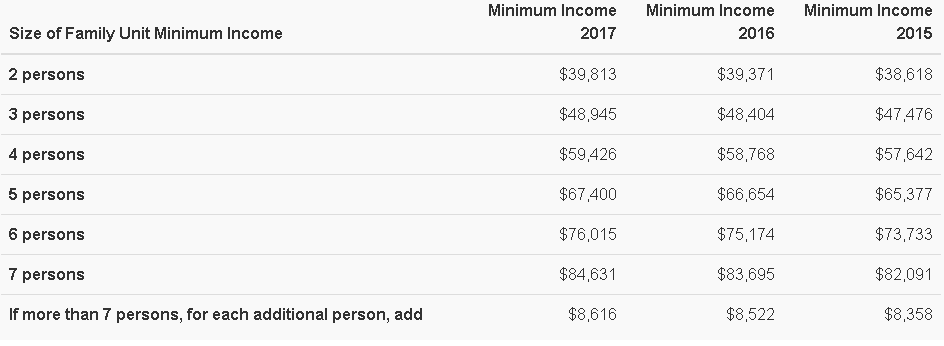One of the ways in which Canadian permanent residents and citizens can be reunited with their parents or grandparents permanently in Canada is through the PGP sponsorship program. IRCC has announced a quota of 20,000 PGP applications for 2019, double the quota of previous years. More importantly there are significant changes in the way you can submit an application in 2019. In the past two years the PGP has operated on a lottery basis but a new, first-come basis system is going to be used in 2019. In previous years up to 100,000 families registered for the lottery so I expect that there will a lot more families interested in applying than 20,000 and if you plan to submit an application you must prepare quickly and carefully.
Registration Process
Registration is set to open on 28 January 2019 at noon Eastern Standard Time. Registration will be online and you will be submitting an “interest to sponsor” form. The process will require information about yourself, your parents or grandparents and most importantly your income and information about your family unit. Your eligibility to sponsor is based on you having sufficient income in your last three years of income based on your family size and the number of people you are sponsoring. You should also note that the PGP is only for those who are living in Canada to sponsor their parents or grandparents and cannot be used if you are a permanent residents or citizens living outside of Canada.
You may submit your online registration yourself or retain a lawyer to undertake the process for you. If you are registering yourself make sure you do not submit duplicate entries as these will be removed from the system. The system will likely be overrun with requests on the first day, nevertheless, I highly recommend that you try to submit your application on the first day.
Confirmation Number
After you successfully submit the interest to sponsor form you will be given a “confirmation number”. The system should also send an email to the email address that you provide to confirm your registration. In the weeks after the registration you should be on the lookout to receive an email from IRCC if you are one of the first 20,000 registrants and are invited to submit a complete application.
Submitting a Complete Application
If you are lucky enough to receive an invitation to submit your sponsorship application you will have a short window in which to gather all of your documents, complete all the forms and submit the complete submission application along with the necessary application fees (determined by the number of people you are sponsoring). These include key documents such as identity documents for yourself and your parents and grandparents, your proof of income, and original police clearances for your parents and grandparents. Any documents that are not in English or French must be officially translated as per the requirements of IRCC.
The deadline for submission of your complete application is a strict deadline and extensions are not granted. Furthermore, it is critical that your application is complete and includes all the information and requested documents, including any country-specific documents. If you make a mistake or a document is missing, your complete application may be returned to you and you will not be able to resubmit the application in 2019.
Determining Eligibility
Are you sure that you qualify to sponsor your parents? Do your parents have young dependent children that may be eligible to join your parents? Has your family size changed in the past three years and you are unsure of how much income you need to sponsor? The good news is that you still have time to contact an experienced immigration lawyer to assess your situation and ensure that you are eligible to apply before the registration begins on 28 January 2019.

 RSS Feed
RSS Feed